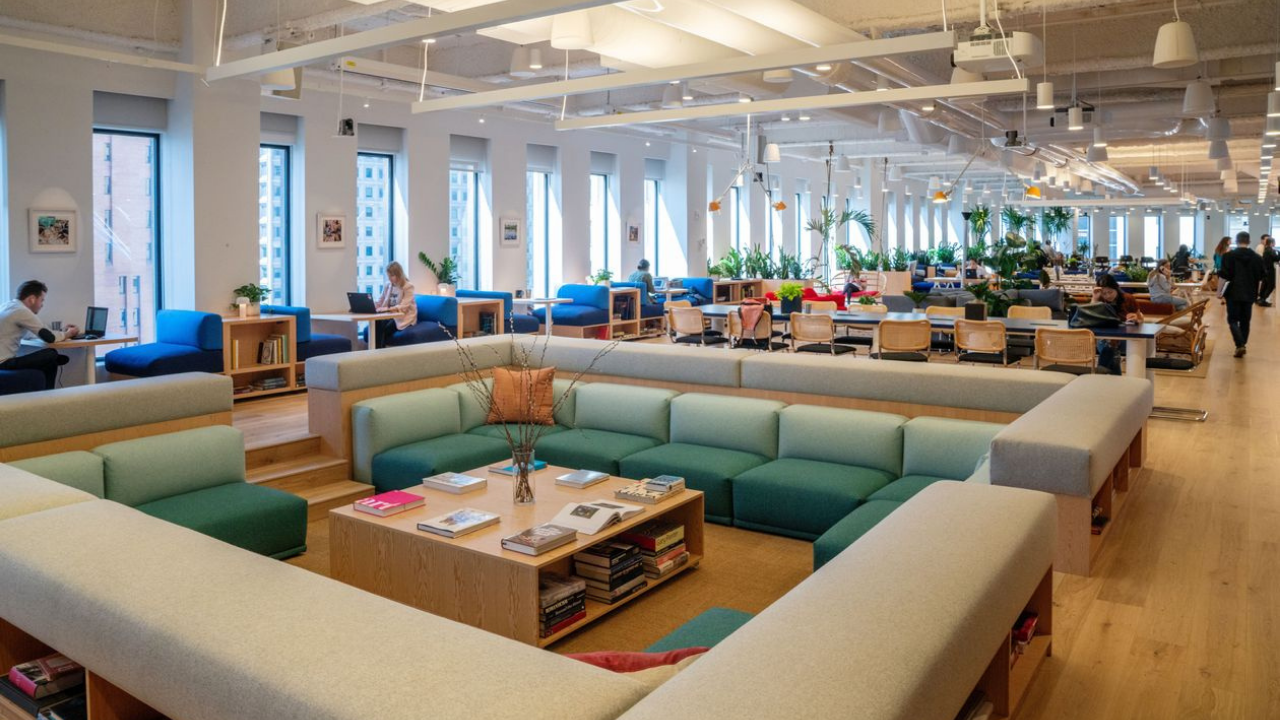Vacancy rates are skyrocketing across the country, and empty coworking spaces are a contributing part of these empty spaces.
In larger cities like New York and San Francisco where the coworking market makes up a notable portion of real estate takeup, the reputation of the industry is at risk.
Although offices have historically been safe from economic downturns due to long-term leases, the rise of flexible workspaces is transforming that dynamic.
Coworking spaces typically operate by signing long-term leases with landlords, then subleasing out the space on a short-term basis, allowing companies to vacate their workspace in a matter of weeks or months if needed.
This trend could make banks wary of financing properties that have wavering income.
At the moment, it is estimated that 50% of all flexible offices in large cities are available for lease. According to CBRE, this level of vacancy could help bring the availability rate in San Francisco to a record of 21.8%.
However, coworking overall still makes up a small portion of the overall office sector. Still, analysts are predicting that flexible offices will grow to take up a bigger portion of the market in the future as companies look towards more remote, agile workforces.
The coworking industry is having an adverse impact on the overall property market as opposed to previous years, when companies like WeWork and Knotel were helping grow office rents and real estate prices.
This year has revealed that these firms are unable or unwilling to pay rent and instead are putting the pressure on landlords to make renegotiations or turning to bankruptcy.
















